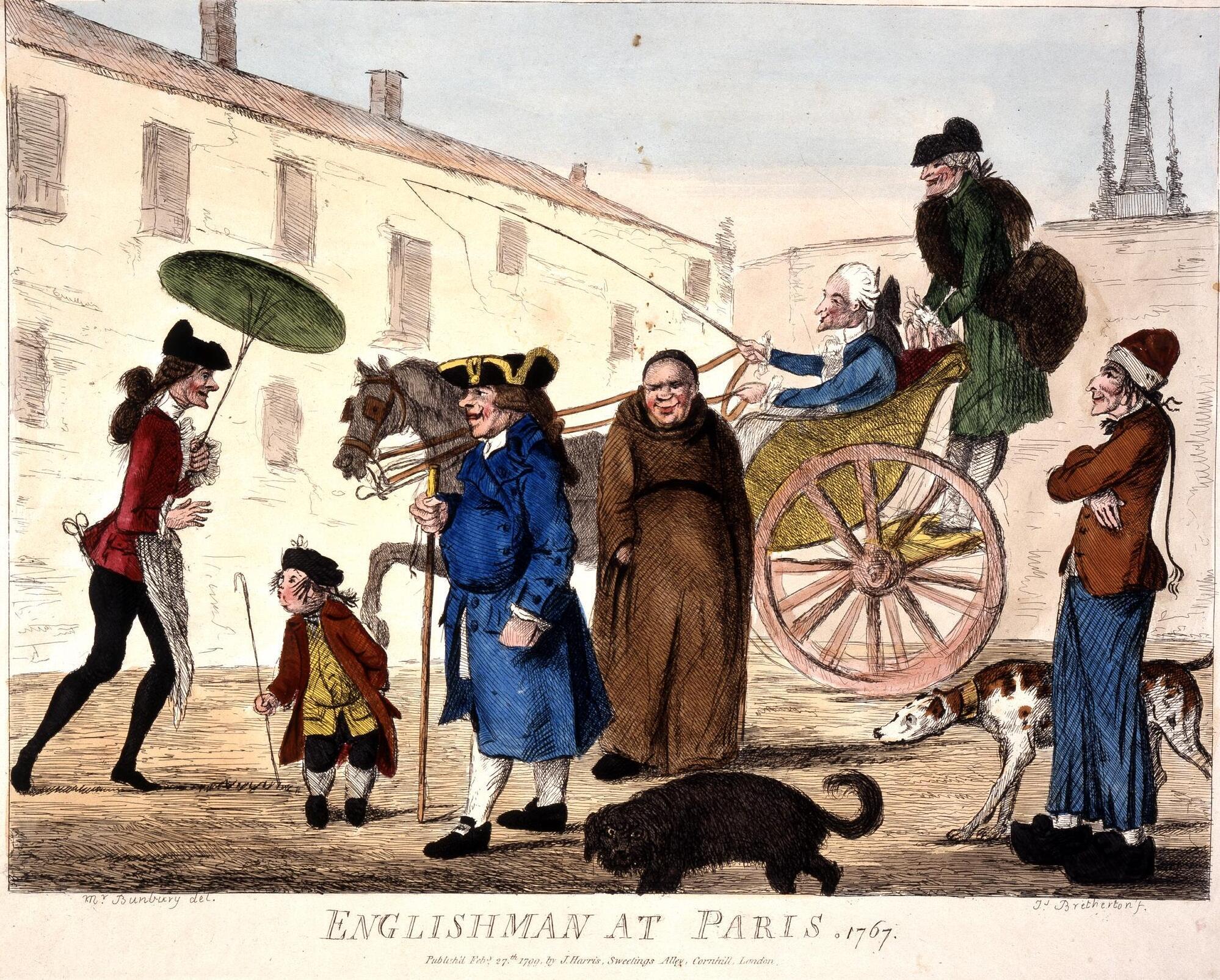While abroad
Latest update:
1749 (Letter LXX):
"You are not sent abroad to converse with your own countrymen: among
them, in general, you will get, little knowledge, no languages, and,
I am sure, no manners. I desire that you will form no connections,
nor (what they impudently call) friendships with these people; which
are, in truth, only combinations and conspiracies against good
morals and good manners. [...]
"There are degrees in vices, as well as in virtues; and I must do my
countrymen the justice to say, that they generally take their vices
in the lower degree. Their gallantry is the infamous mean debauchery
of stews, justly attended and rewarded by the loss of their health,
as well as their character. Their pleasures of the table end in
beastly drunkenness, low riot, broken windows, and very often (as
they well deserve), broken bones.
"They game for the sake of the vice, not of the amusement; and
therefore carry it to excess; undo, or are undone by their
companions. By such conduct, and in such company abroad, they come
home, the unimproved, illiberal, and ungentlemanlike creatures that
one daily sees them, that is, in the park and in the streets, for
one never meets them in good company; where they have neither
manners to present themselves, nor merit to be received."
1750 (Letter CXI):
"Pray continue this judicious conduct wherever you go, especially at
Paris, where, instead of thirty, you will find above three hundred
English, herding together and conversing with no one French body.
"The life of 'les Milords Anglois' is regularly, or, if you will,
irregularly, this. As soon as they rise, which is very late, they
breakfast together, to the utter loss of two good morning
hours. Then they go by coachfuls to the Palais, the Invalides, and
Notre-Dame; from thence to the English coffee-house, where they make
up their tavern party for dinner.
"From dinner, where they drink quick, they adjourn in clusters to the
play, where they crowd up the stage, dressed up in very fine
clothes, very ill-made by a Scotch or Irish tailor. From the play to
the tavern again, where they get very drunk, and where they either
quarrel among themselves, or sally forth, commit some riot in the
streets, and are taken up by the watch.
"Those who do not speak French before they go, are sure to learn none
there. Their tender vows are addressed to their Irish laundress,
unless by chance some itinerant Englishwoman, eloped from her
husband, or her creditors, defrauds her of them. Thus they return
home, more petulant, but not more informed, than when they left it;
and show, as they think, their improvement by affectedly both
speaking and dressing in broken French: 'Hunc to Romane caveito.'"
(From Chesterfield's Letters to His Son.)

Tags: quote
Authors: ag